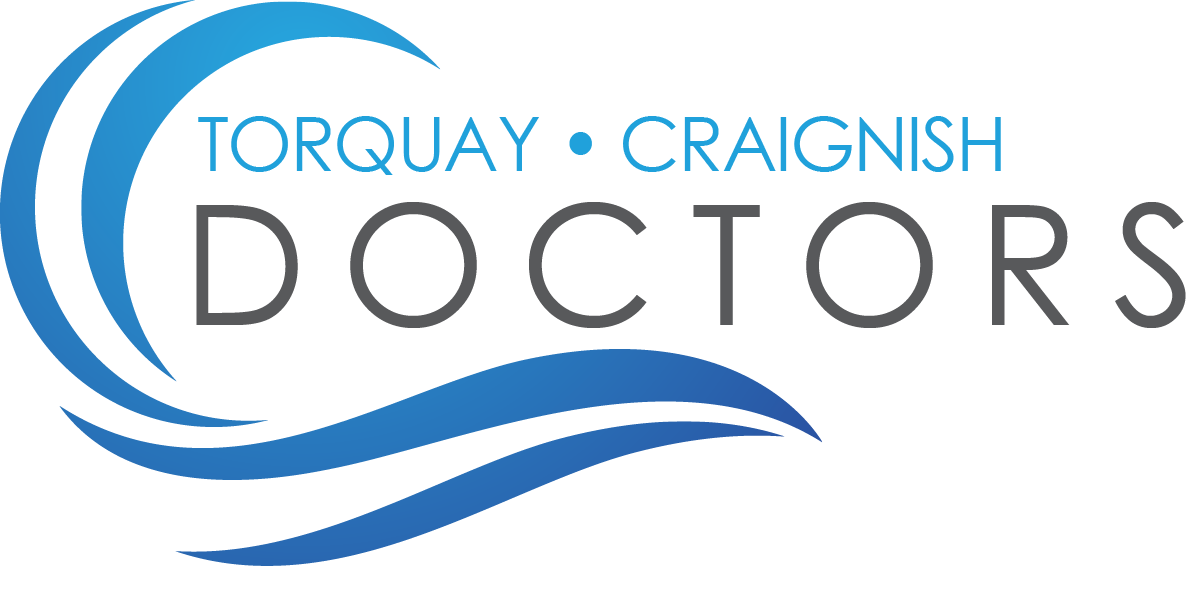Article courtesy of Queensland Health

When babies are born, their skeleton is made up of 270 bones. As we grow up, this total shrinks slightly to 206, as some bones fuse together.
Your bones help you move, give your body strength and protect your organs. Keeping them healthy can help you feel well and keep active as you age, and reduce the risk of diseases like osteoporosis or injuries like bone fractures.
Read below for tips on keeping your bones healthy at all stages of life.
Calcium
One of the main components of bones is calcium. Eating and drinking enough calcium-rich foods or drinks is important for growing strong, healthy bones during childhood and young adulthood, and maintaining bone mass as an adult.
Calcium can come from dairy foods like milk, yoghurt and cheese; green leafy vegetables; fish with edible bones like sardines or salmon; some nuts and seeds; and soy products like tofu.
You can find out how much calcium you need at different ages from the Better Health website, and find tips for adding more calcium to your diet on the Osteoporosis Australia website.
Exercise
To help bones increase in density and grow strong, it’s important to use them a lot during exercise. “Weight-bearing exercise”, which means any exercise done working against gravity, helps bones grow stronger and harder. This could be anything from walking to weights training to dancing, just as long as you are supporting your weight with your body.
Choose weight-bearing exercises that increase in difficulty over time to make your bones strong. Keep in mind that exercises like swimming and cycling, while beneficial for the body in other ways, don’t build bone density as they don’t require the body to work against gravity.
Read more about the types of exercises that are good for bones, and for further information, read this article about how exercise can benefit you as you age.
Vitamin D
Your body uses vitamin D to help absorb calcium from food and drinks. While you can get vitamin D from some foods, the majority of our vitamin D intake comes from sunshine.
This doesn’t mean you should make an effort to get extra sunshine to up your vitamin D levels, however. In fact, this could be very dangerous in Queensland, as UV levels are high enough to damage your skin all year round. Make sure you use sun protection whenever you are outside.
Most Queenslanders get enough vitamin D from incidental sun exposure when outside doing regular activities like walking to the bus or hanging out the washing. Deliberately exposing yourself to extra sun could lead to skin damage and disease, including skin cancer.
Speak to your GP if you have any questions about your vitamin D levels.
Changes as you age
Children
As children get bigger, their bones grow, too. Childhood is a great time to start building the foundations for lifelong, healthy bones by developing healthy diet and exercise habits.
Make sure children are getting plenty of calcium in their diet to grow strong, healthy bones. Weight-bearing exercise might be found through running and playing outside, or through organised sports like tennis or gymnastics.
Teenagers
Adolescence is a time of growth, with teenagers building up to a quarter of their adult bones mass during the peak growth years.
Just like during childhood, teenagers should continue to consume plenty of calcium-rich foods and drinks, with their daily calcium requirement more than double that of their early years. Teenagers should also continue to exercise, strengthening their growing bones.
Twenty-somethings
Your twenties are your last chance to add to your adult bone mass – after about the age of 30 you can only maintain bone mass.
Make sure your bones are healthy and strong by continuing to be mindful of the amount of calcium in your diet. When you finished school, you might also have stopped taking part in organised sports. Make sure you’re still doing enough weight-bearing exercise by making time to move every day.
Adults
After your twenties, your bone mass isn’t able to be increased any more, but diet and exercise will still impact how you maintain or lose bone density.
Even though you can’t build more bone mass, it’s important to remember that your bones are constantly regenerating, which means they still need calcium to stay strong.
Hormonal changes, like menopause for women, can also affect bone strength. Talk to your GP if you have any questions about how hormonal changes or any medications you are taking might affect your bone health.

